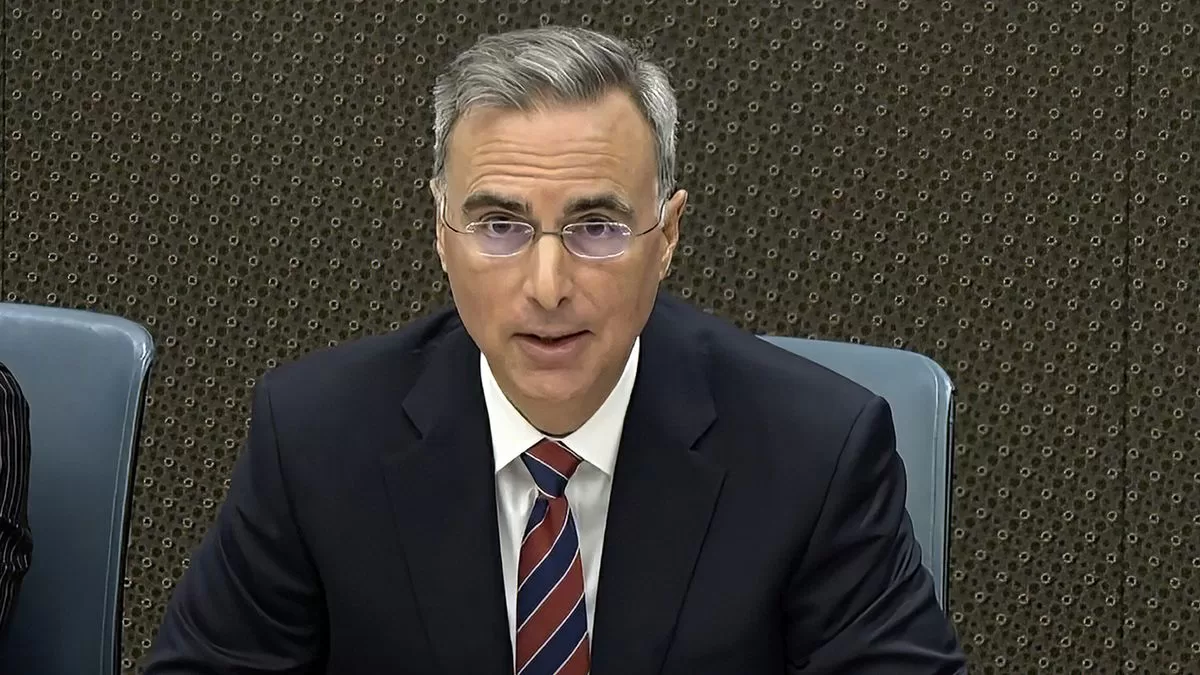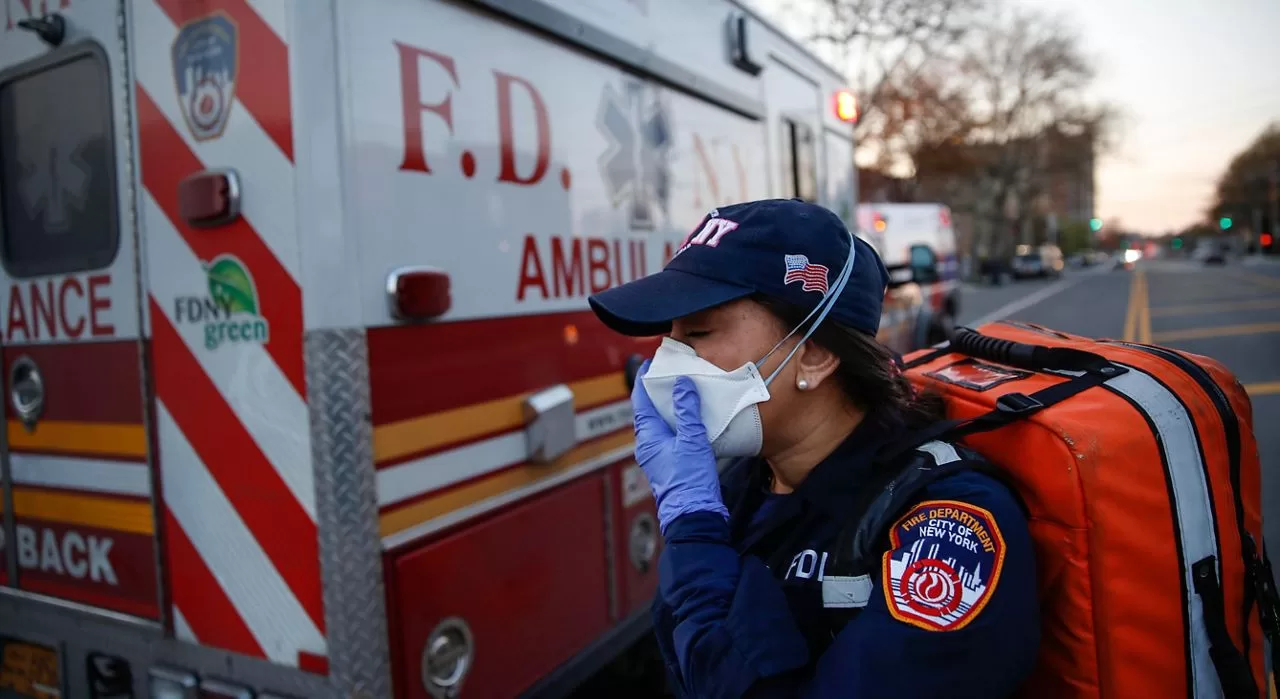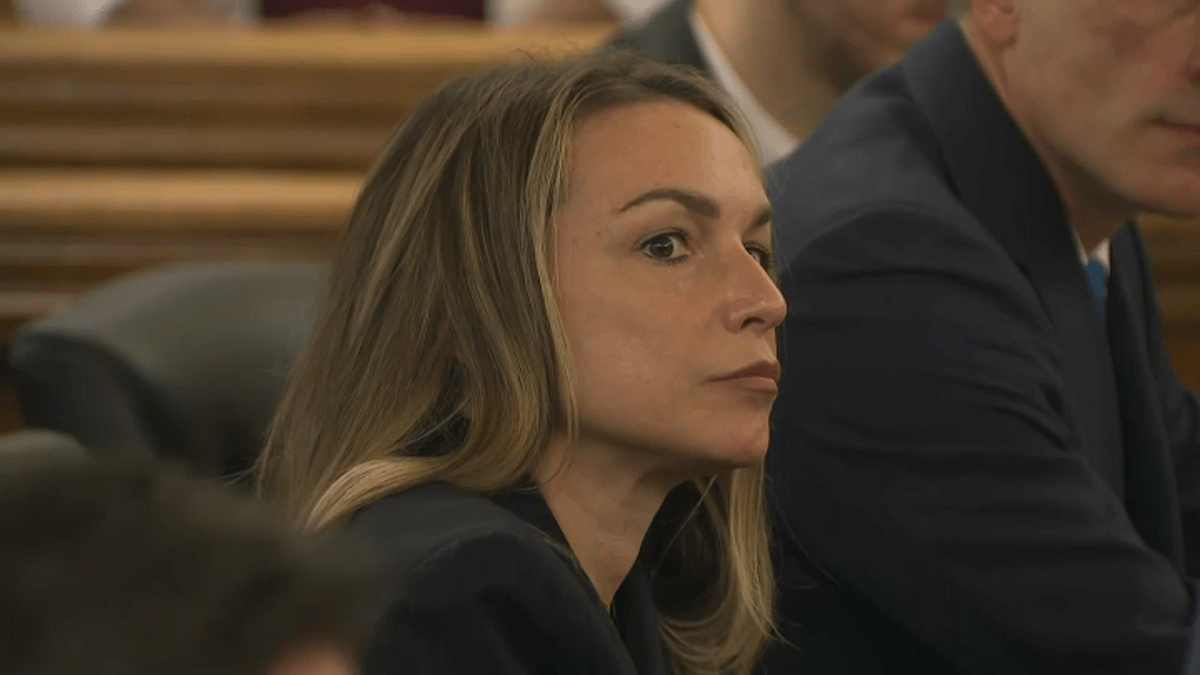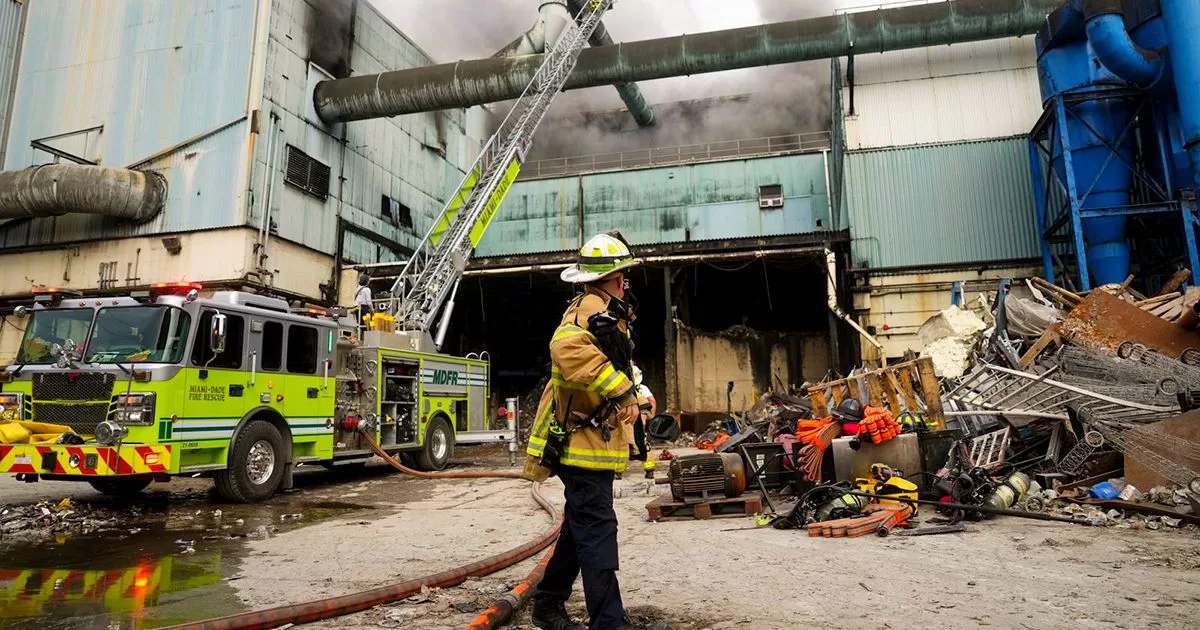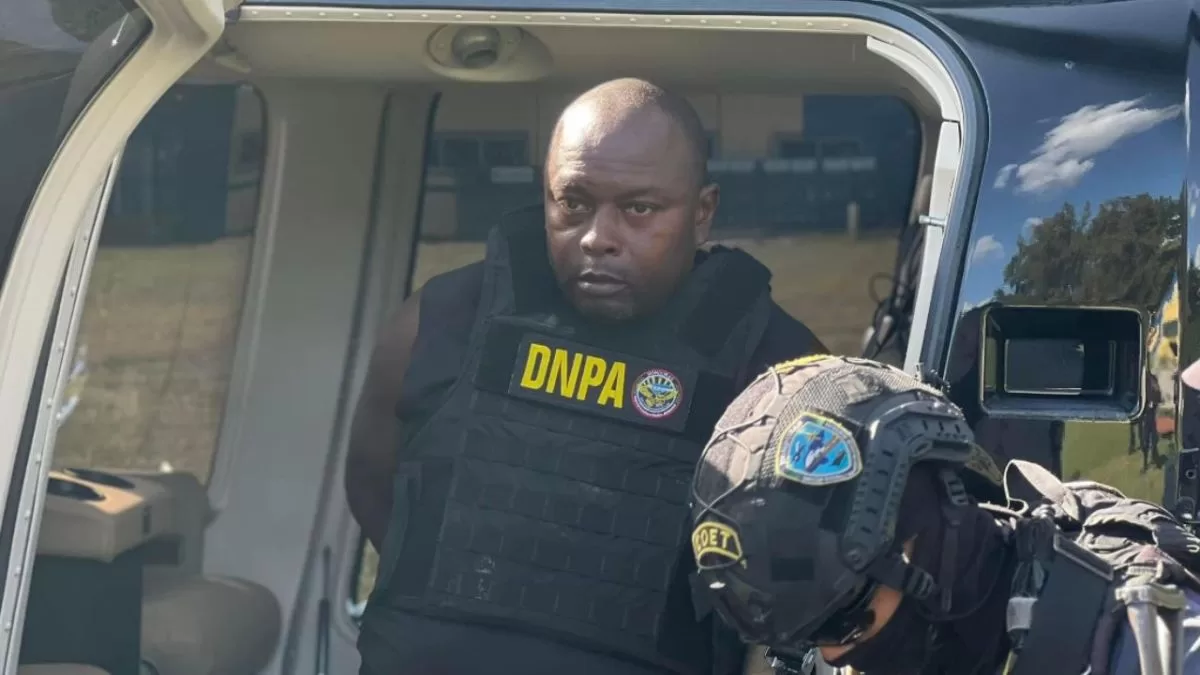Trump’s attempts to stay in power, according to the indictment and evidence gathered in congressional investigations, were steadfastly rejected by Cipollone and his top deputy, Pat Philbin. In response, Trump turned to outside allies, including Rudy Giuliani, John Eastman and Kenneth Chesebro, among other legal advisers, to launch what federal prosecutors have called a “criminal scheme” to fraudulently overturn the election.
As a result, prosecutors were able to obtain extraordinary new details that were used in the former president’s indictment. And it seems likely that Cipollone and Philbin will become important witnesses in Trump’s upcoming trial.
Requests for comment made to them were not responded to.
The breakdown of the relationship between Trump and his White House counsel — a lawyer-president covenant dating back to Franklin D. Roosevelt — began in the weeks after the 2020 presidential election. At the time, Cipollone and Philbin were giving him a “frank” advice to Trump that there was no evidence of fraud that could change the results of the election.
Despite that advice, Trump began calling outside advisers to the White House for a series of long, contentious and sometimes nasty meetings about steps he might take to challenge the election.
In a now-infamous session on December 18, 2020 in the Oval Office, Trump allies — including Sidney Powell and Michael Flynn, the former national security adviser — proposed ordering the military to seize voting machines in crucial states where Trump had lost.
Cipollone was taken by surprise by the meeting, learning about it just as he was about to leave the White House at the end of the day. In his testimony before the commission investigating the events of January 6, he recalled that Trump’s advisers verbally attacked him and other White House lawyers “vigorously” when they rejected the idea of seizing the security machines. vote.
“I was being presented to the president by people who I don’t think had his best interest in mind,” Cipollone told lawmakers in June 2022. “They were doing the country and the president a disservice, both in his capacity as president as in his personal quality”.
Some lawyers who have been White House advisers said they were shocked by what they read in Trump’s indictment, calling the situation “unbelievable” and unlike anything they have experienced in office.
“You can’t be effective as a lawyer, not just as a White House lawyer, but as a lawyer for any client, if you can’t have frank conversations about legal requirements,” said Alberto Gonzales, who was a White House lawyer in the President George W. Bush. “In the case of the presidency, to protect them from engaging in conduct that, while it may not turn out to be criminal, will have serious political consequences.”
And that’s exactly what prosecutors say White House lawyers tried to do. By January, when it was clear that they would not be able to get Trump to listen to them, lawyers began warning others about the dire consequences of continuing to deny the election results.
Three days before Jan. 6, Philbin told Jeffrey Clark, a Justice Department attorney, that if Trump remained in office despite no evidence of fraud there would be “riots in every major city in America.” .
To which Clark, according to prosecutors, responded: “That is why there is an Insurrection Act,” referring to the specific provision that gives the president the power, in exceptional circumstances, to use military force within the United States.
At a meeting that evening, Trump met with Justice Department officials, as well as Cipollone and Philbin, to express his frustration that the Justice Department was “doing nothing to overturn the election results,” it is claimed. in the imputation.
Clark, a low-level Justice Department lawyer who had positioned himself as an enthusiastic defender of allegations of voter fraud in the weeks after the election, was in attendance. He was pushing to send a letter to key state legislatures falsely stating that the Justice Department had identified problems in the election results.
In that contentious meeting in the Oval Office on January 3, Trump toyed with replacing acting attorney general Jeffrey Rosen with Clark, but backed down when told it would result in mass resignations at the Justice Department and in the office of his own White House counsel. Cipollone scathingly called Clark’s draft letter a “murder-suicide pact.”
“There is not a world, there is not an option where you do not leave the White House on January 20th,” Philbin told Trump that day, according to the indictment.
By January 4, Trump, tired of hearing denials from his White House lawyers, began calling meetings behind his back, the indictment states.
Kathryn Ruemmler, who was an attorney for the presidential residence in the Barack Obama administration, said that if she had ever been “intentionally excluded” from meetings where the president received legal advice contrary to her own, she would have resigned.
“You really can’t operate at all under those circumstances and conditions,” he added.
That day, Trump also met with then-Vice President Mike Pence and his chief of staff and legal counsel. The goal of the meeting was for Trump—who at the time had lost numerous lawsuits and been unable to identify evidence of widespread fraud—to convince Pence to use his ceremonial role in overseeing the Electoral College vote count on January 6 to prevent Biden from becoming president.
Pence, both at that meeting and two days later on January 6, refused to do so. Since the indictment, he has said that Trump was fooled by a group of “crackpot lawyers” who wanted to violate the Constitution.
But even in the hours after the riots on January 6, as police scrambled to clear the Capitol, Trump was still trying to stop the certification of the ballot.
Trump and Giuliani began making calls to Republican lawmakers in the House and Senate after the riots, according to the indictment, seeking to “capture” the violence of the day to convince them to delay Biden’s nomination as winner.
In the midst of it all, Cipollone made his final plea to Trump in a 7:01 p.m. phone call, asking him to drop his objections and allow the certification to move forward.
“I expressed what I needed to express,” Cipollone told lawmakers last year, when describing the call. He refused at the time to reveal what was said.
FOUNTAIN: Associated Press

